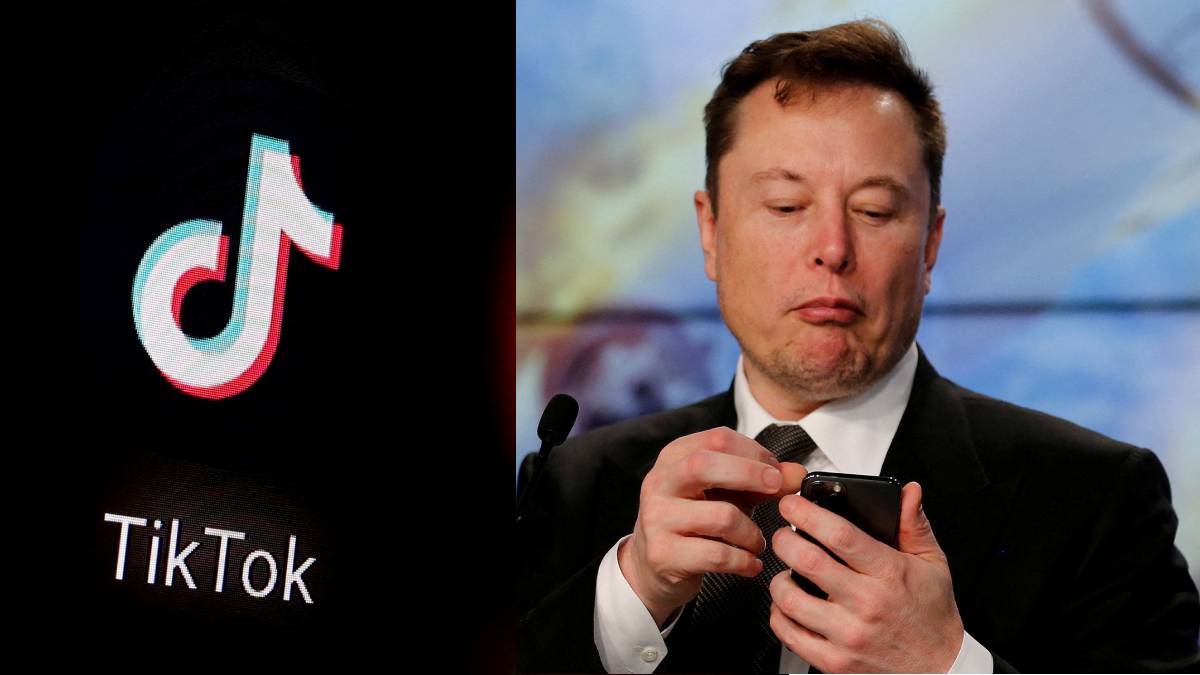 |
|
The tech world is abuzz with speculation surrounding a potential acquisition of TikTok's US operations by Elon Musk. This follows Musk's controversial purchase of Twitter, which he subsequently rebranded as 'X.' The impetus for this potential deal stems from growing concerns within the US government regarding TikTok's national security implications. The US Supreme Court hearing, which labeled TikTok and its parent company, ByteDance, as threats to national security, has fueled these concerns. This labeling is primarily based on anxieties about the app's connection to the Chinese government and the potential for data misuse or manipulation, raising significant national security red flags. The potential consequences of this perceived threat are far-reaching, impacting not only the app’s continued operation within the US but also the broader landscape of social media regulation and international relations.
The potential ban looming over TikTok in the US, slated to take effect as early as January 19th, has placed immense pressure on ByteDance, TikTok's parent company, to consider its options. A sale of its US operations is seen as a way to potentially circumvent a complete ban and maintain a foothold in the lucrative American market. TikTok boasts a staggering 170 million active users in the US, a demographic heavily concentrated among young adults. This substantial user base represents a significant revenue stream and cultural influence, making the prospect of losing access to this market highly undesirable for ByteDance. The potential financial implications of a ban or even a forced divestiture are substantial, motivating ByteDance to explore avenues to mitigate these risks. The situation parallels similar concerns that have led to TikTok being banned or restricted in several other countries, most notably India, highlighting the global nature of this regulatory challenge.
While reports suggest that Elon Musk is interested in purchasing TikTok's US operations, TikTok itself has vehemently denied these reports, labeling them as 'fabricated.' This denial casts doubt on the veracity of initial reports and raises questions about the strategic motivations behind the conflicting statements. The discrepancy between the reports and TikTok’s official stance underscores the uncertainty surrounding the future of the app in the US. The situation remains fluid, and developments are likely to unfold rapidly in the coming weeks and months. The potential acquisition by Musk adds another layer of complexity, given his history of disrupting established norms and his often unconventional approach to business. This raises questions about potential changes to the platform's operation and governance should he acquire ownership.
Meanwhile, the news about Musk and TikTok is not the only significant tech story grabbing headlines. Dr. Nishikant Dubey, the chair of the Indian parliamentary committee on Communications and Information Technology, announced that the committee intends to summon Meta CEO Mark Zuckerberg regarding concerns about misinformation spread during the 18th Lok Sabha elections. This move reflects growing global concerns about the potential impact of social media on democratic processes. Dr. Dubey explicitly highlighted the potential for misinformation to damage the reputation of a democratic nation and suggested that Meta should issue an apology to both the Indian Parliament and the public. This instance underscores the broader challenges faced by social media platforms in regulating content and preventing the spread of misleading or harmful information which are increasingly crucial as social media continues to shape public discourse and electoral processes globally.
The convergence of these two significant tech stories – the potential sale of TikTok's US operations and the summoning of Mark Zuckerberg by the Indian Parliament – highlights the multifaceted challenges faced by social media companies in navigating regulatory scrutiny and maintaining a balance between free speech and responsible content moderation. Both cases emphasize the growing global awareness of the potential for misuse of social media platforms and the need for stricter regulation to safeguard national security and democratic processes. The coming months will likely see increased regulatory pressure on social media companies, both in the US and internationally, as governments seek to address the potential risks associated with these powerful platforms. The long-term consequences of these events remain to be seen, but they undoubtedly signal a pivotal moment in the evolution of the social media landscape.
Source: Following Twitter, Elon Musk reportedly set to purchase TikTok as potential US ban looms
